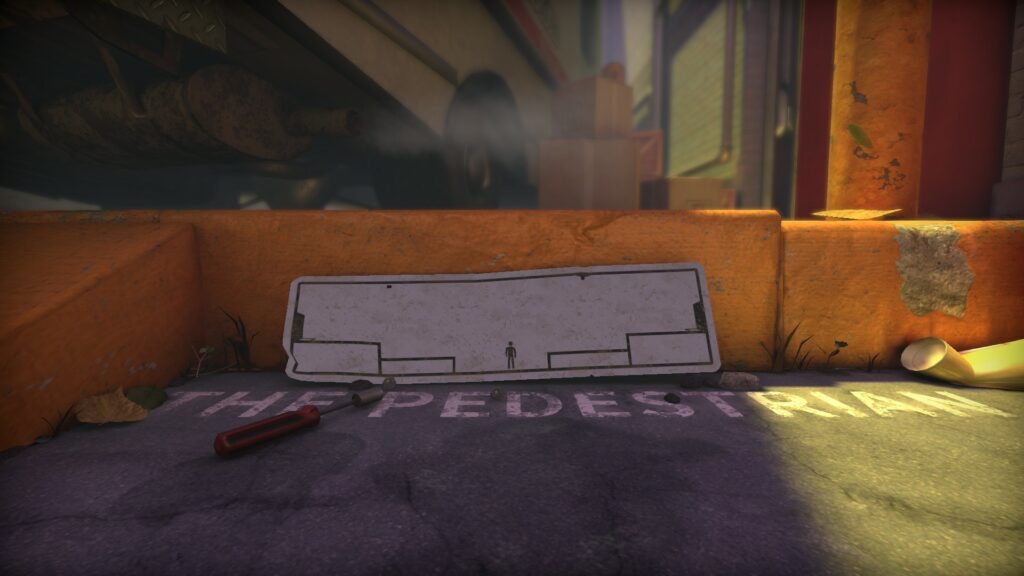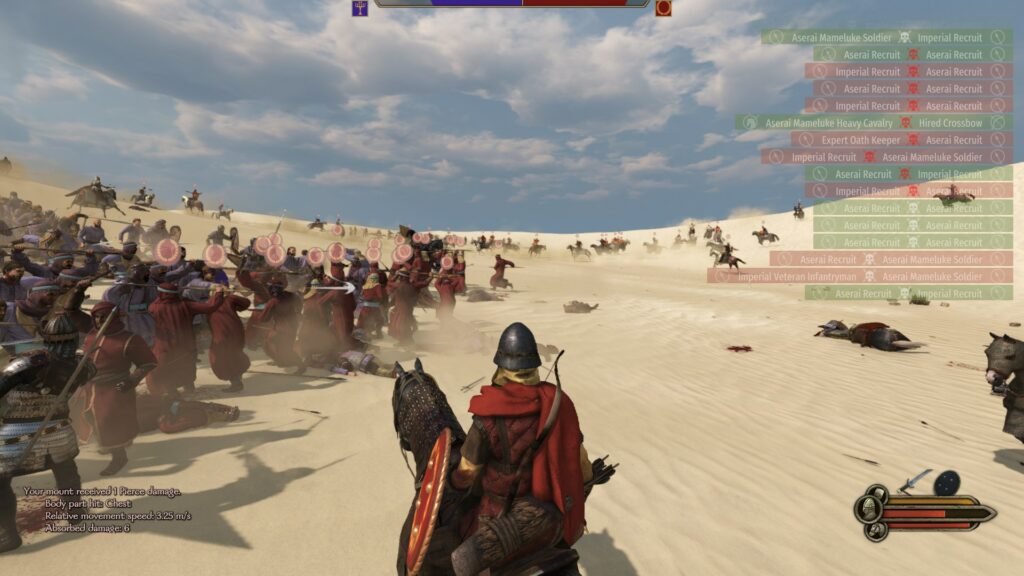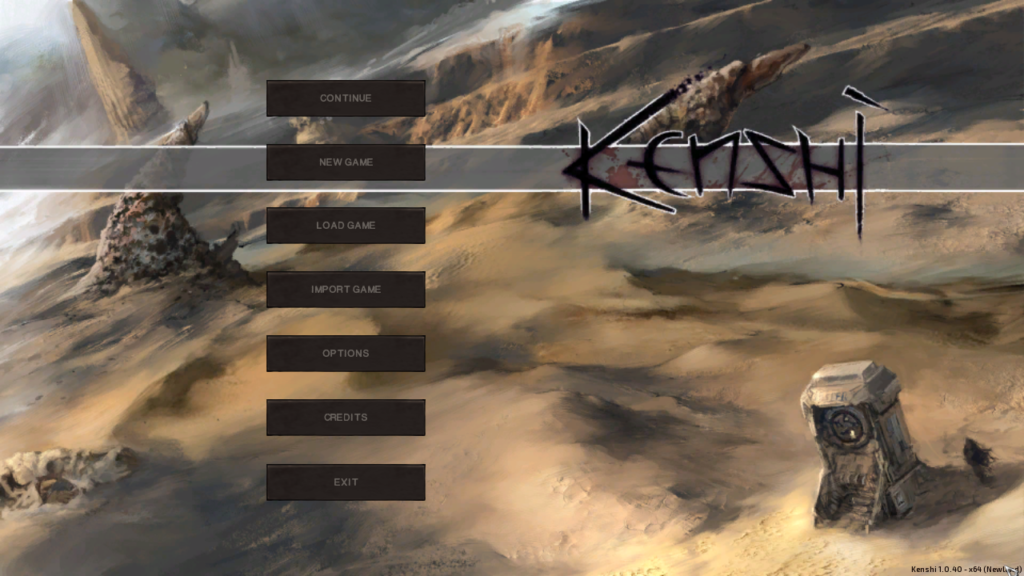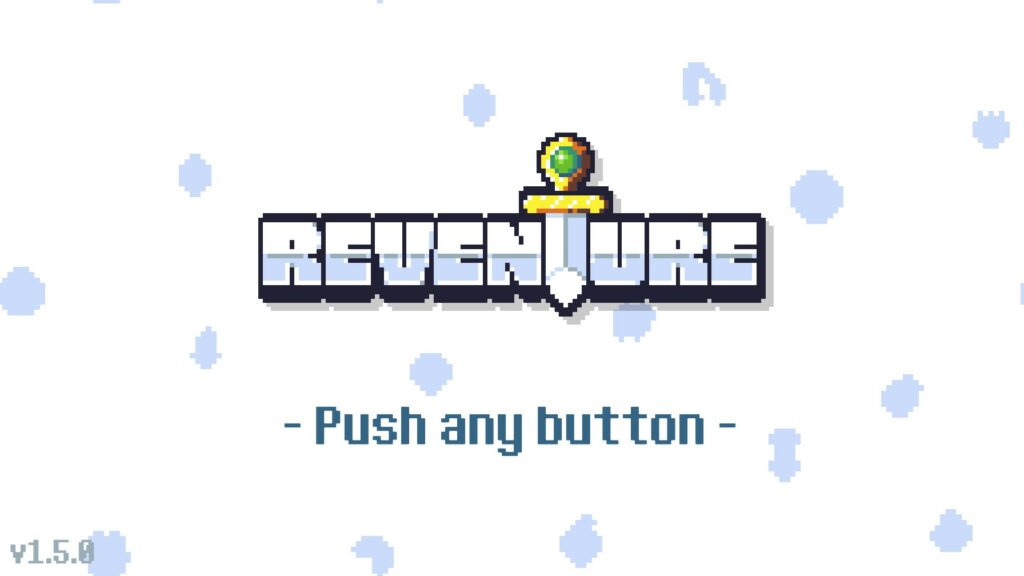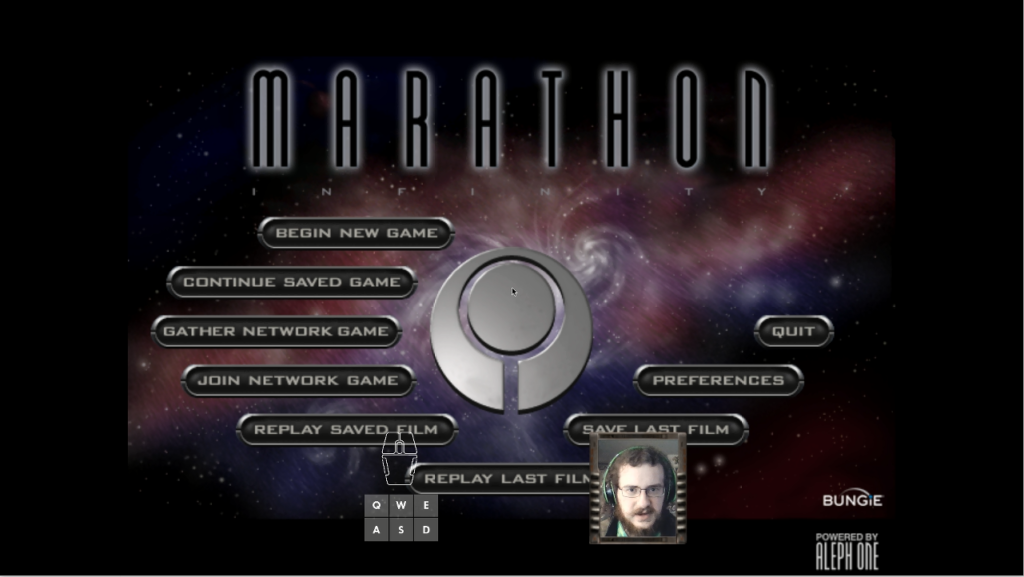This game is Continuity, but on a bigger budget. If you’re wondering what Continuity is and why I haven’t linked it, that’s because it’s a flash game. A flash game connected to a mostly dead website (at least, at the time of this writing it’s mostly dead), subject to the slow rot of internet culture. Which is sad, because it was one of the cleverer games I’d played during the adolescence of the internet. I had plenty of time to play flash games, being both at an age where I still had recess and being a Mac gamer (while Power Pete and Lode Runner are fantastic games, you do eventually get bored).
Continue reading “The Pedestrian”Mount and Blade II: Bannerlord
I do want to like this game. It has a remarkable number of interesting features – from medieval battles to trading to politics. Unfortunately, getting to the good bits usually requires waiting through an hour and a half of the boring bits.
Continue reading “Mount and Blade II: Bannerlord”Halo: Combat Evolved (Remastered)
The remaster of Halo: Combat Evolved leaves much to be desired. Scratch that – it’s just bad. While the port itself is technically well-done, both the graphical and (more frustratingly) the sound design language have been mangled almost beyond recognition.
Continue reading “Halo: Combat Evolved (Remastered)”Kenshi
Have you ever wanted to raise a civilization in a post-apocalyptic bushido-infused world? Then Kenshi is for you!
Halo: Reach

Halo: Reach is a bad game – a very bad game, in fact. But at least the port to PC is fantastic…mostly.
Continue reading “Halo: Reach”Nine Parchments
Frozenbyte have solidified their place in my mind as a solid Tier One developer. I purchased Trine 4 in a bundle during this Steam Sale (which was also good), only to find that the two games also included were both remarkably enjoyable. Shadwen turned out to be a surprisingly good stealth game, and Nine Parchments is turning out to be a surprisingly good magical Gauntlet-like, though it being a co-op game means I can only trust the Steam reviews to tell me that the co-op experience is good.
I do have a few problems with it – the paths are linear, the collectibles don’t really stand out against the cluttered (but beautiful) backgrounds, the upgrades don’t affect your gameplay much (which is usually “keep moving and firing”), and the walking animations are tied to the direction your mouse looks, which can look very strange. Despite this (and perhaps because of some of it), it seems like the sort of game I would pull out at a party without hesitation. If I had parties.
Northgard
Sadly no screenshot because Steam decided to not actually save it.
There’s a simple test I like to apply to strategy games. What reason do I have to play it over Civilization or Age of Empires II? It’s not that I particularly like those games (I actually don’t like Civ at all) – it’s just that everyone has those games, and if you want to play a strategy game with friends, it’s going to be one of them (a part of the reason I never got in to Rise of Nations).
So far, only Homeworld (which I don’t even put into the same category of strategy games) and Endless Legend have interested me enough to play them. I think Northgard will be added to that list, since it not only has a pretty solid campaign, but the gameplay is similar enough to Age of Empires that an RTS veteran can pick it up while still finding cool extensions of the original system.
Heaven’s Vault
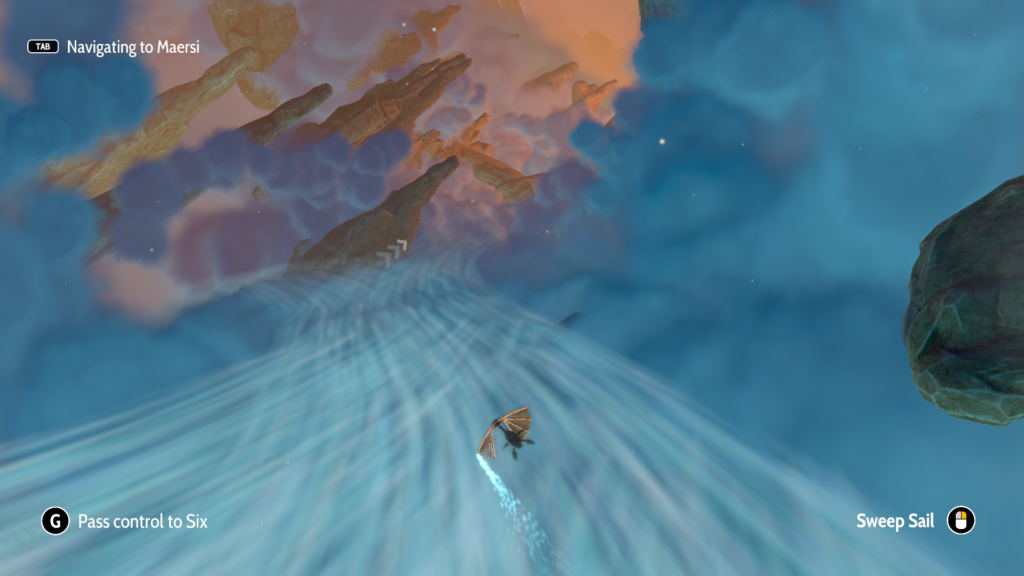
Ah, Steam Sales. Heaven’s Vault goes to Tier One, mostly because I picked it up for an hour and only put it down after completing it 12 hours later. But I’m not sure I can recommend it to, well, anyone.
Continue reading “Heaven’s Vault”Reventure (Completed)
“Reventure?” They probably should have called it “Recycled…”
